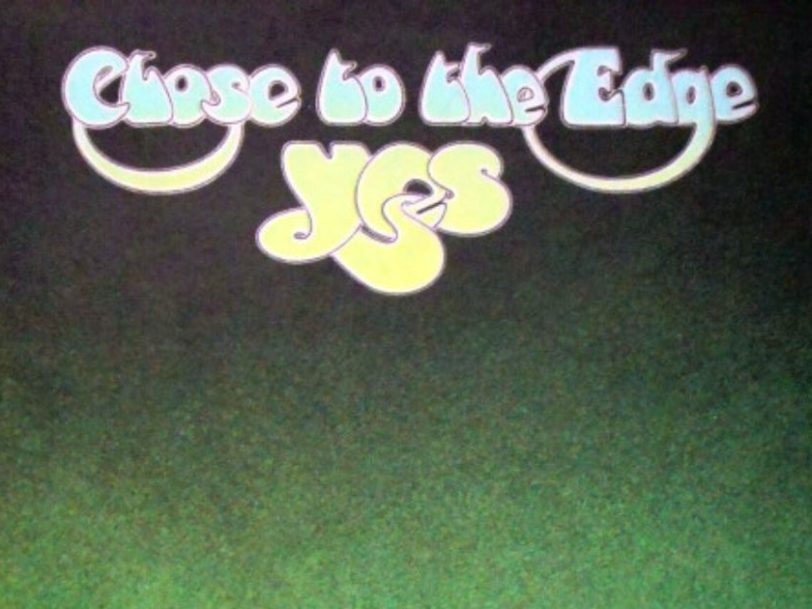Facing the unenviable task of following their hugely successful fourth album, Fragile, the London-based rock group Yes headed to Advision Studios, in Fitzrovia, with co-producer Eddy Offord in early 1972. Already perched on the brink of greatness, singer Jon Anderson, guitarist Steve Howe, keyboardist Rick Wakeman, bassist Chris Squire and drummer Bill Bruford doubled down on their genre-defying breed of sonic daredevilry, branching out into longer, jazzier compositions and esoteric lyrical concept pieces for their defining prog-rock masterpiece, Close To The Edge.
Listen to ‘Close To The Edge’ here.
“Basically we have no direction. We can go anywhere,” Jon Anderson declared proudly. “We just hope it’s the kind of music where all the barriers have fallen down.” Dabbling in tape loops up to 40 feet long and putting drummer Bill Bruford through his bloody-fingered paces for days on end, Yes opted not to demo their new songs and instead focused on honing rough ideas into what would become their fifth album.
“It’s about the incredible imbalance of the human experience on the planet”
With literary influences ranging from the spiritual underpinnings of Hermann Hesse’s 1922 novel, Siddhartha, and the fantastical world-building of JRR Tolkien’s The Lord Of The Rings, Close To The Edge’s challenging, 18-minute title track opened the album and saw Yes dive head-first into a prog-rock landscape of dizzying imagination.




